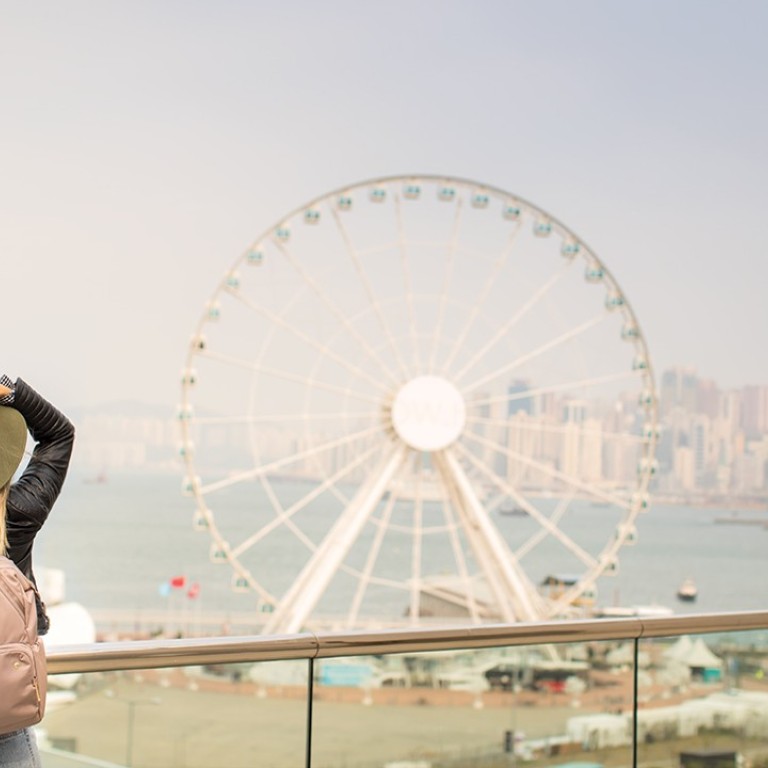
How four frequent travellers solved common travel gripes with innovative thinking and designs
Think you know how to solve travellers’ greatest irritations? These Hong Kong and Chinese entrepreneurs did, taking their ideas to the next level with an anti-theft backpack, a convertible jacket and more
Whether it is the endless airport queues, the struggle to find Wi-fi, or the unfortunate run-ins with pickpocketers, frequent travellers have a number of issues to contend with while jet-setting. But while the rest of us might just grumble, some smart thinkers have designed gear to overcome travellers’ greatest irritations.
“[I got the idea] while I was sleeping on my backpack on an overnight train in Morocco,” says Hong Kong-based Rob Schlipper of his inspiration for Pacsafe, a company that produces anti-theft backpacks. “The idea kept growing with me as I travelled more – sleeping on beaches, overnight trains and [in] dodgy dorms, anxiously crossing sketchy borders and having my passport stolen.”
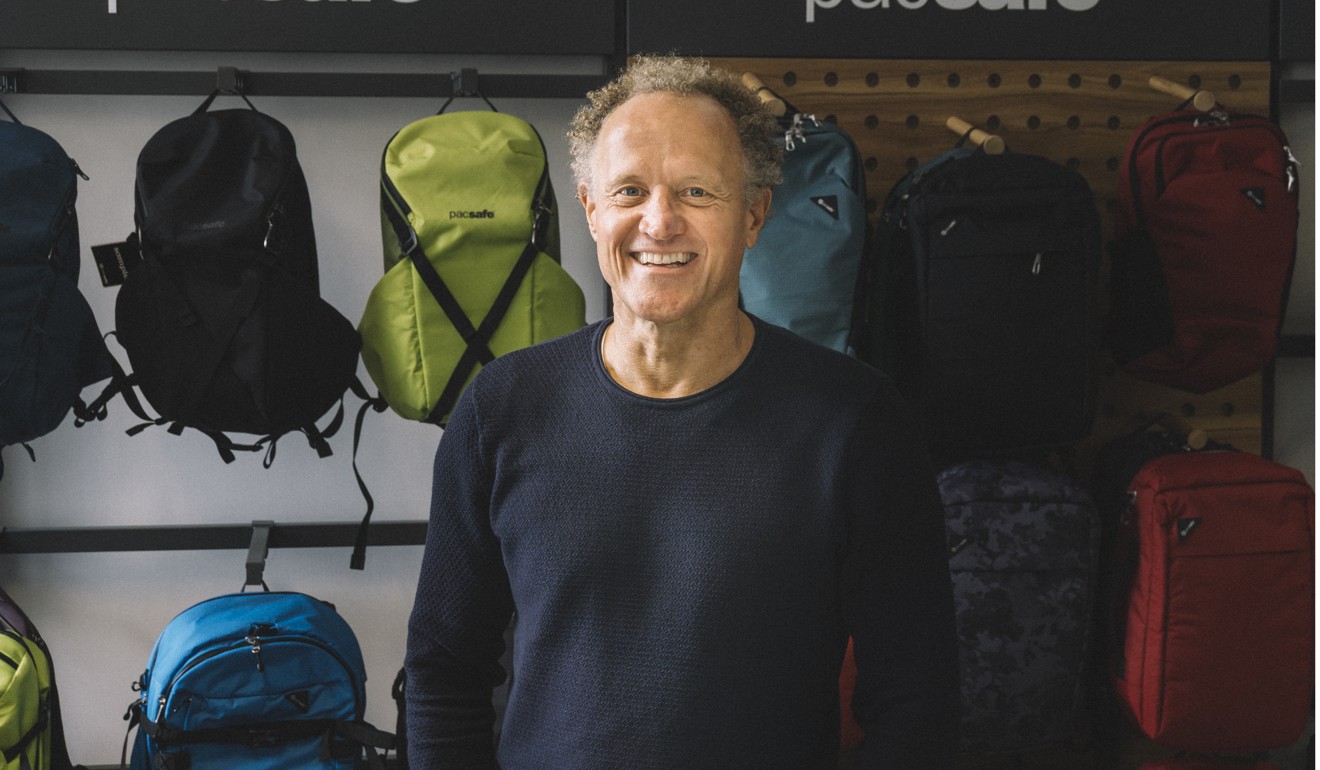
Pacsafe began with one product – a lockable eXomesh net to fit around any backpack – which was inspired by the sight of fellow travellers who wrapped chicken wire around their bags to protect against theft. That was 20 years ago. The brand has since expanded to include a wide range of anti-theft backpacks and travel equipment.
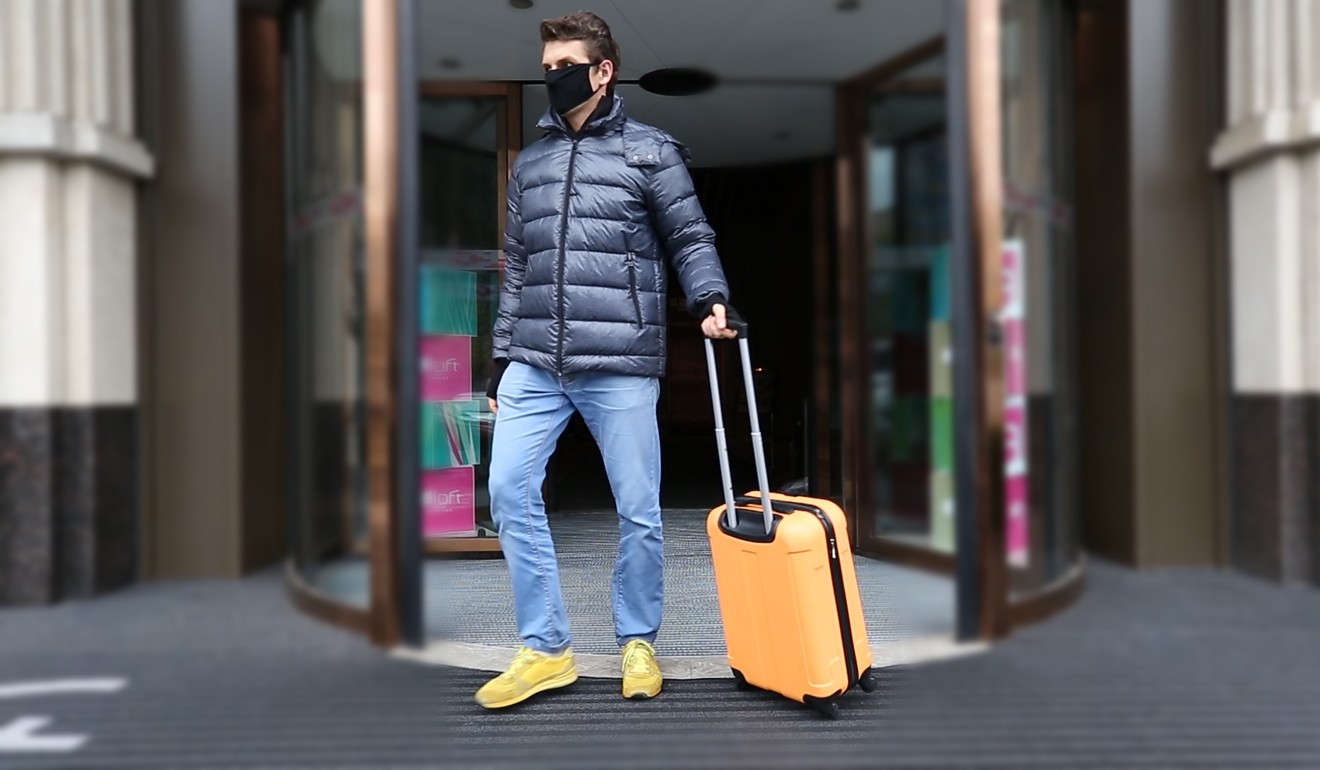
Another Hong Kong entrepreneur got his inspiration from the need to travel light and be organised. “I have often experienced many on-the-road anxieties, such as forgetting which pocket my passport and boarding pass are in, or forgetting to bring along personal necessities such as a scarf or an eye mask,” says Richard Li.
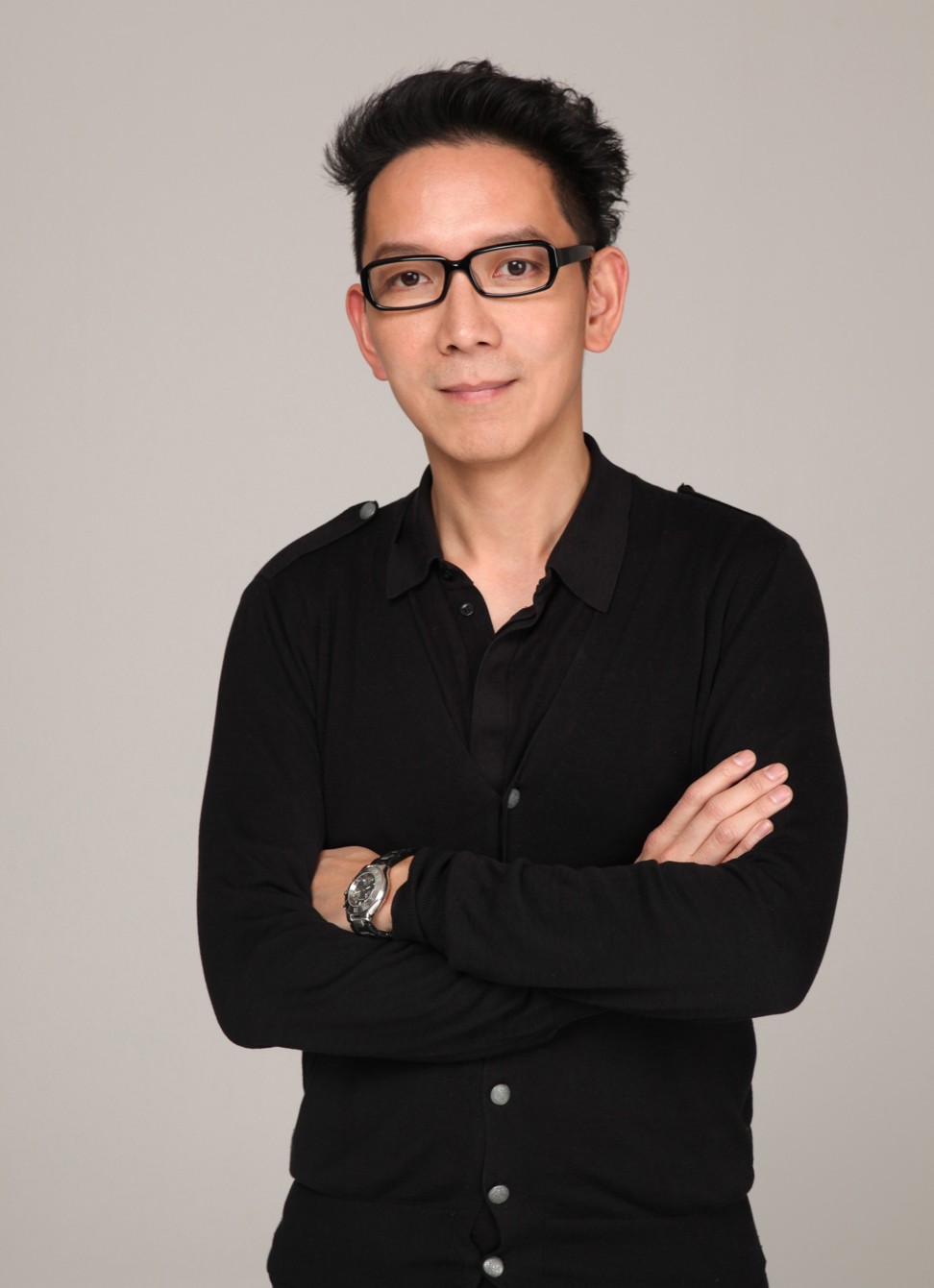
He created the Le Baag Voyage travel fashion brand to fulfil the needs of seasoned travellers. His latest product, in cooperation with MicroNovelty, is the Giga jacket; a multi-purpose convertible down jacket that is designed to carry travel essentials.
That’s warmth taken care of, but what about your embarrassing body odour when you’re on the road?
“Travel often includes various situations where shoes need to be removed,” says Owen Zhang, the founder of MP Magic Socks, a brand offering socks that will not smell even after four or five days of use.
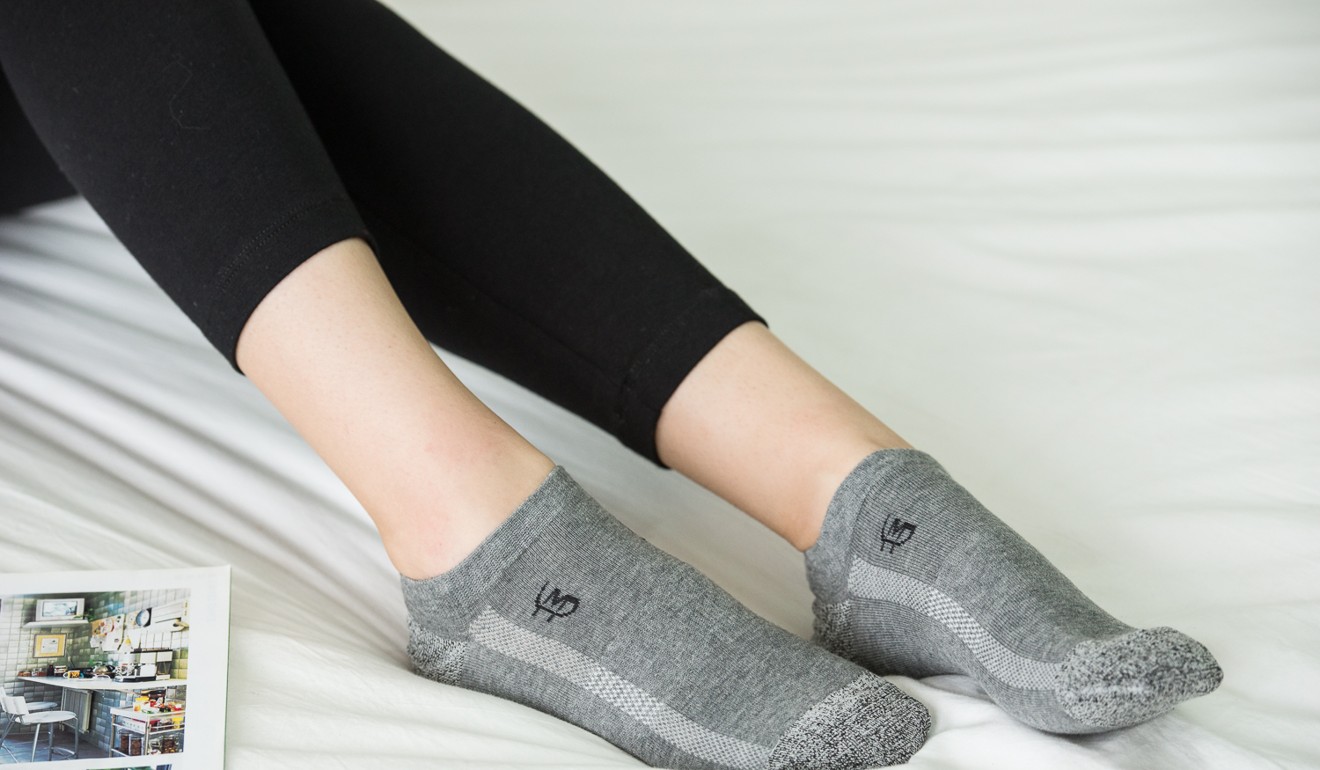
“Whether you’re being scanned at an airport, getting comfortable on a long-haul flight, entering a religious house of worship, or visiting a local friend in their home, custom and procedure allow plenty of opportunities for the embarrassment of foot odour to rear its ripe head,” says Zhang, who is based in Shenzhen, China.
Zhang’s answer to this problem was to make socks from fabric that uses a metal infusion technique originally developed for the aerospace industry. The result? No more stinky feet while travelling.
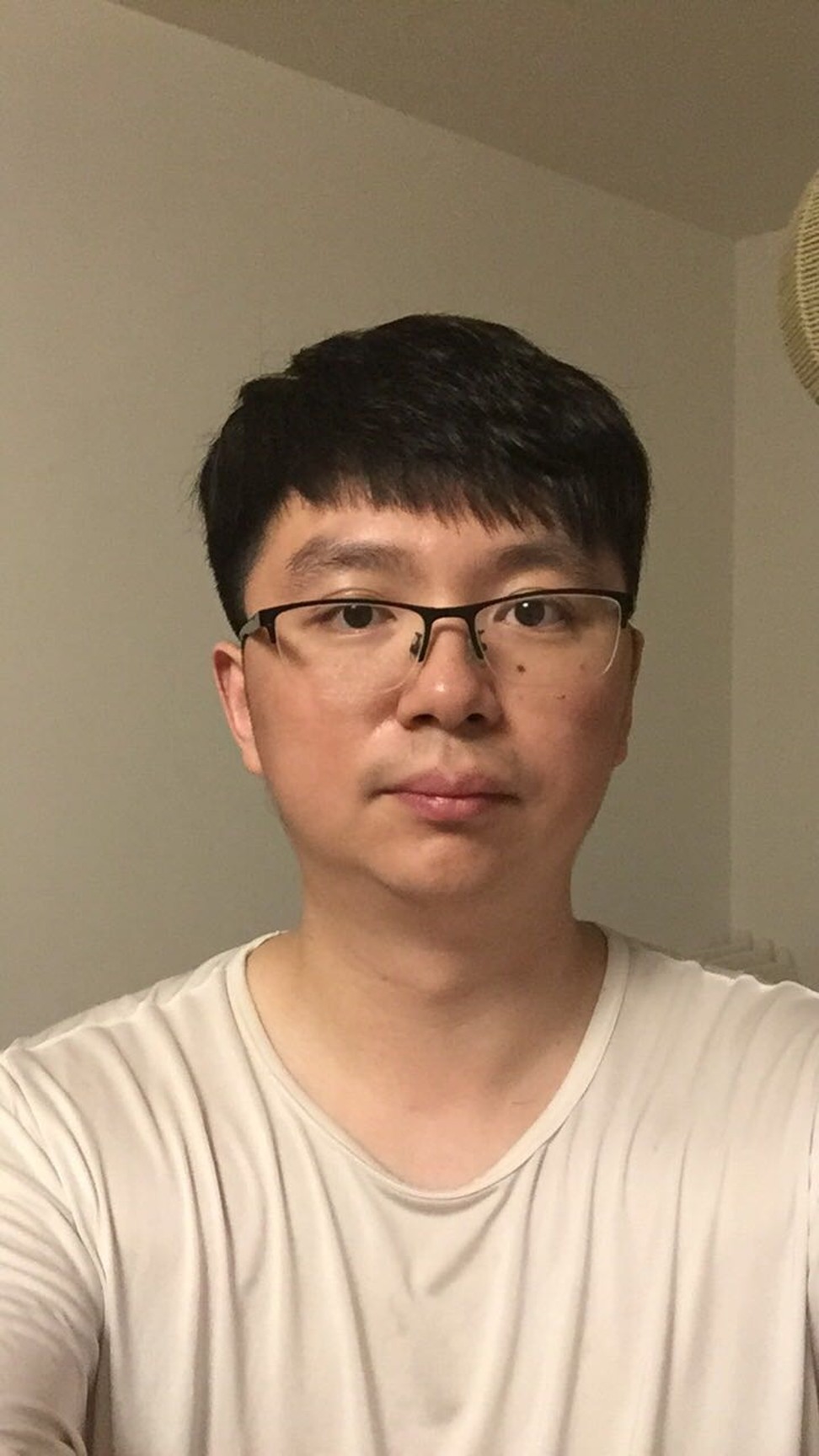
During a family holiday around Europe in 2012, Hongkonger Terence Kwok found it very difficult to stay connected. “I attempted to connect to spotty Wi-fi signals in cafes and hotels, but eventually gave up and enabled the roaming option on my smartphone,” he says, lamenting the exorbitant cost.
“It made me think ‘why can’t I be connected like a local?’ and this is where I got the idea for a device to take some of the difficulty out of travelling.”
Seven ways to keep your phone, passport and luggage safe on your travels
Handy has a ‘concierge chat’ feature so hoteliers can invite guests to a happy hour deal in the hotel bar, or arrange a last-minute airport pickup. “While I was abroad, I noticed that only a small portion of my time was spent in the hotel, which makes it difficult for hoteliers to keep their guests up to date,” says Kwok.
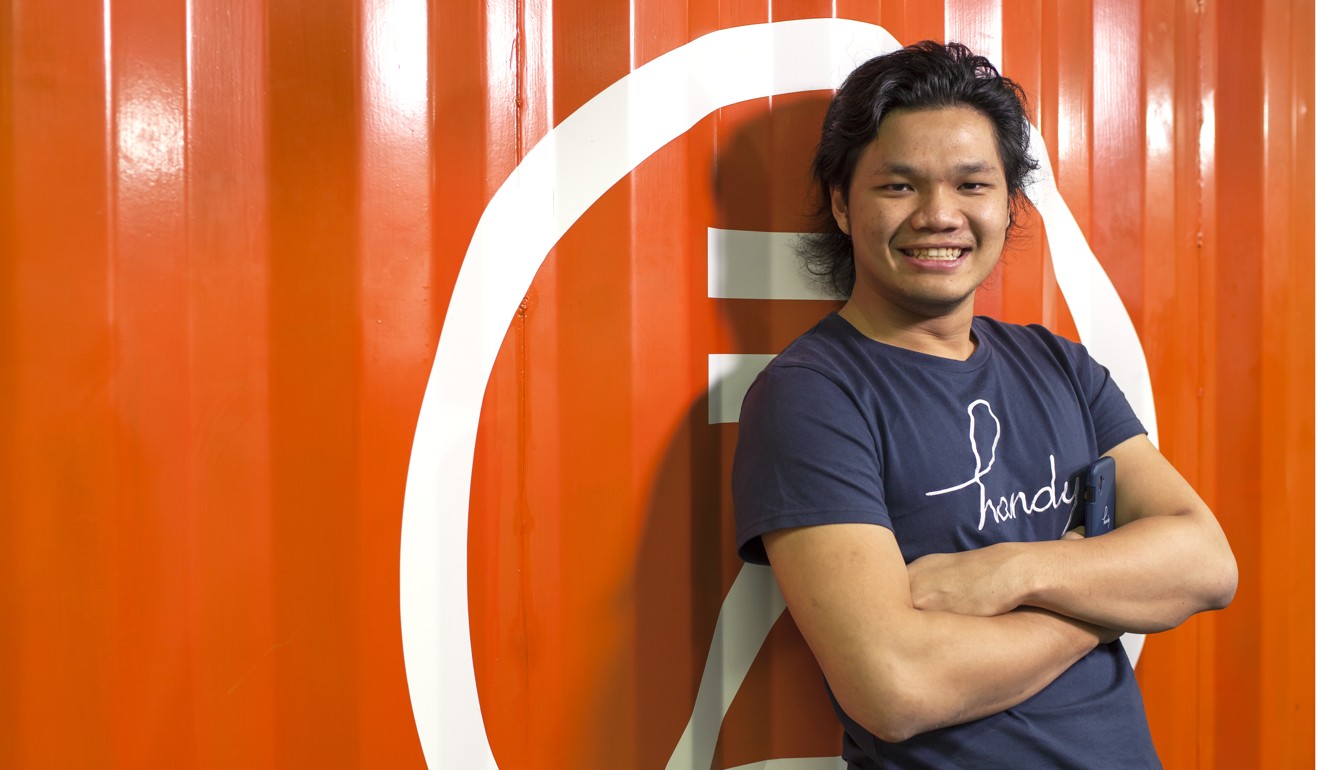
Turning a travel need into a successful business is not as easy as it sounds, however. At first, Kwok set up a counter at Hong Kong International Airport to appeal to travellers, but saw little success until he approached hotels directly.
Li of Le Baag says the most difficult part of starting a business is not the original conception and design, “but finding the right marketing channels and exposure”.
What is next for Hong Kong after its first billion-dollar start-up?
“I am forever striving to produce each newborn design in small batches in the hope that people can recognise this as good design and keep on ordering it,” he says.
Pacsafe began humbly, with Schlipper working in a cramped flat, using upturned rubbish bins for seats and laptops as thick as phone books.
Whether I’m trekking from Rajasthan to Delhi, or exploring Myanmar, through travel you’re in touch first-hand with trends as they evolve and mature.
“I had no experience in what I was embarking on, so I wasn’t deterred by the road ahead,” Schlipper says. “I had the constant belief that my idea could be realised into a product.”
He adds that another great help was Hong Kong’s business-friendly environment and proximity to manufacturers in China who were willing to take risks on new ideas.
Today, Schlipper keeps his business head on while he travels. “For me, the biggest reward is seeing a Pacsafe bag on someone’s back in a customs queue, or a tote slung over somebody’s shoulder as they navigate a packed city street,” he says. “Whether I’m trekking from Rajasthan to Delhi, or exploring Myanmar, through travel you’re in touch first-hand with trends as they evolve and mature.”

